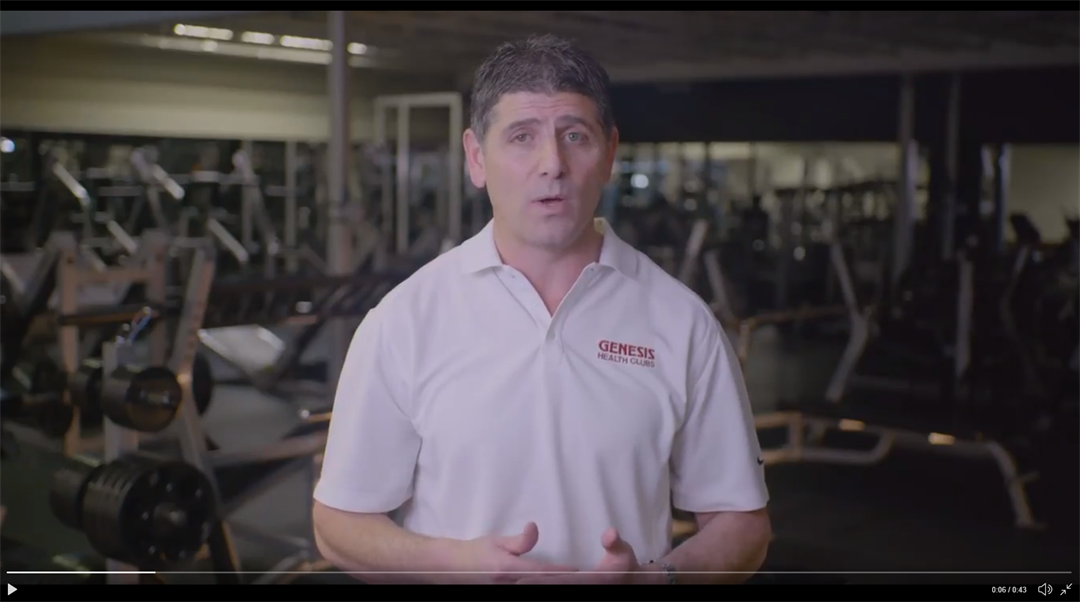The Bahá’í teachings emphasize the importance of justice, equity, and the inherent dignity of every human being. As followers of these profound principles, Bahá’ís across the globe fervently advocate for those who find themselves ensnared in the web of injustice. In light of recent appeals for justice resonating through various societal channels, the phrase “President, please set them free” has become a reframing of the moral demand for liberation and equality. It encapsulates a broader plea not only for individuals unjustly imprisoned but also for systemic changes that empower the marginalized. This article delves deeply into the teachings of the Bahá’í Faith with regard to justice, offering insights into how these principles can inform our collective response to injustice today.
At the heart of the Bahá’í Faith lies the recognition that justice is a divine attribute. This tenet invites us to reflect: What would it mean for a President to uphold, embody, and actively promote justice? This query transcends mere political rhetoric; it beckons us to explore the moral responsibilities inherent in leadership roles. Bahá’í writings assert that governing bodies should not only reflect the will of the people but also operate as instruments for the realization of justice. Hence, our challenges often boil down to how well leaders—such as a President—adhere to these ethical imperatives.
Consider the conundrum of selective justice. In many instances, justice is administered disproportionately, favoring some while neglecting others. This phenomenon raises another question: Does the justice system truly serve as a mechanism for liberation when it selectively acknowledges humanity? Bahá’í principles suggest that societal progress hinges upon the universal application of justice, where every community member is given equal consideration, irrespective of their social standing. Herein lies a challenge: how can we ensure that the loudest voices crying for justice are not drowned out by the politics of power?
The Bahá’í Faith offers several guidelines that advocate for the release of those unjustly imprisoned or persecuted, framing these guidelines within the context of broader social transformation. The first teaching emphasizes unity. The onus lies on communities to coalesce around shared values, recognizing that injustice toward one is an affront to all. This unity fosters a collective consciousness that empowers individuals to extend compassion towards those suffering under oppressive regimes. When individuals rally together, the plea of “President, please set them free” transforms into a collective demand for an equitable society.
The second teaching focuses on the principle of independent investigation of truth. Bahá’ís are encouraged to seek knowledge actively, without being tethered to preconceived notions or biases. This dialogue-centered approach promotes transparency and sheds light on the reality of injustice, effectively creating a space where individuals can articulate their grievances and contribute to the discourse surrounding reform. The challenge arises in disseminating this knowledge widely; how can individuals ensure that such independent investigations reach policymakers, including the President?
Furthermore, the transformative potential of education cannot be overlooked. Education, particularly among women and marginalized groups, entails a radical shift in societal paradigms. The Bahá’í writings unequivocally underscore that education is not merely a privilege—it is a right. Injustice, as a result, is often perpetuated through ignorance. Thus, a necessary plea arises for systemic investments in education, advocating for the liberation of the mind as a precursor to societal liberation. One must ponder: What strategies can be implemented to ensure that education is equitable and accessible for all?
A significant tenet of Bahá’í teachings centers on the promotion of service to humanity. This encompasses not just charitable actions but an active engagement with one’s community to remedy injustices. The notion of service expands the traditional view of citizenship, urging individuals to see themselves as stakeholders in a global society. How can the implications of this service ethos shape the actions of those in leadership positions? When addressing matters of justice, the context of service serves as a reminder that transcendent leadership demands accountability and a commitment to uplifting those who are oppressed.
Life under oppressive regimes often produces a tapestry of experiences that demand our empathy. The Bahá’í Faith teaches that fostering compassion is integral to the pursuit of justice. As such, expressing solidarity with those persecuted cultivates a culture of care and concern. It invites society to consider the pressing question: How can one advocate effectively for justice without rendering the voices of the oppressed passive? This nonpassivity transforms pleas into robust campaigns that embody a future where societal structures echo the principles of equity and justice.
In conclusion, the teachings of the Bahá’í Faith illuminate the path toward justice with a clarity that challenges us to rethink conventional paradigms of advocacy. The potent phrase “President, please set them free” rings throughout societies as a clarion call for the recognition of inherent rights, equality, and the tangible realization of justice. As this plea echoes in the corridors of power, it is imperative to weave the ideals of unity, education, and service into a comprehensive strategy that ensures liberation for all. By advocating collectively, seeking knowledge, and committing to serve humanity, we can begin to dismantle the barriers that thwart justice and send forth a powerful message of hope and change in our world.
